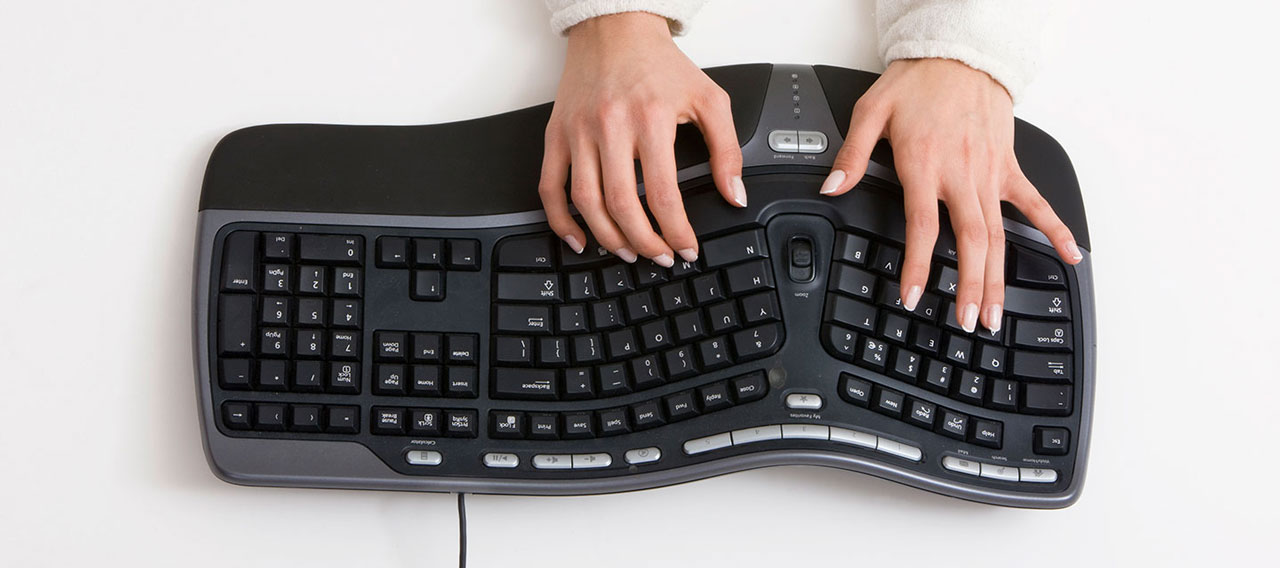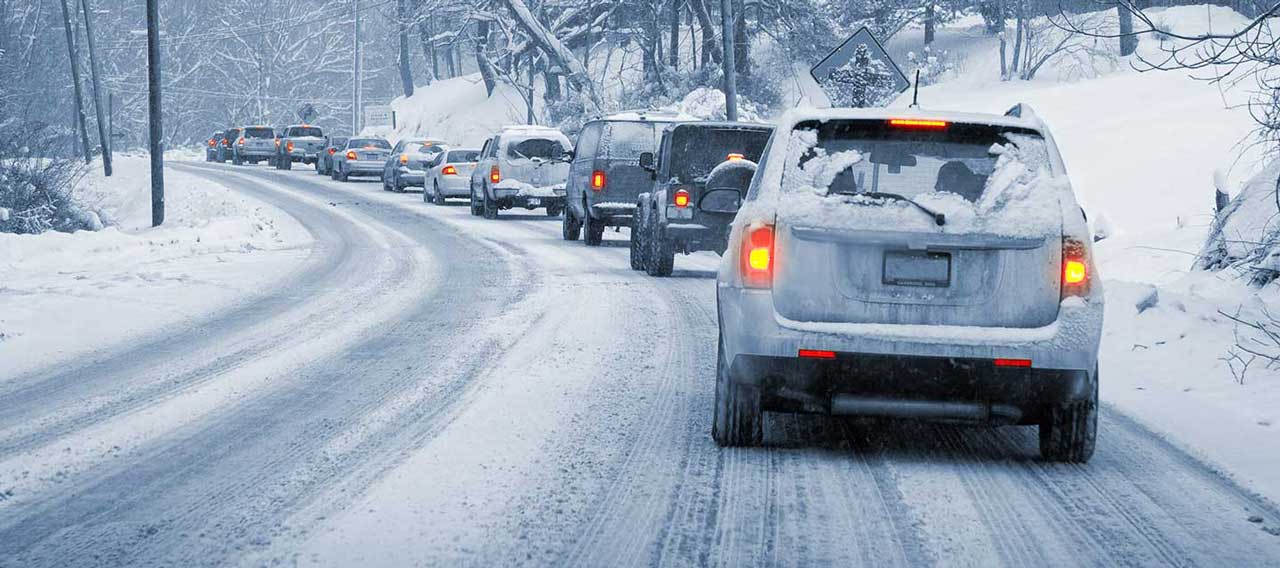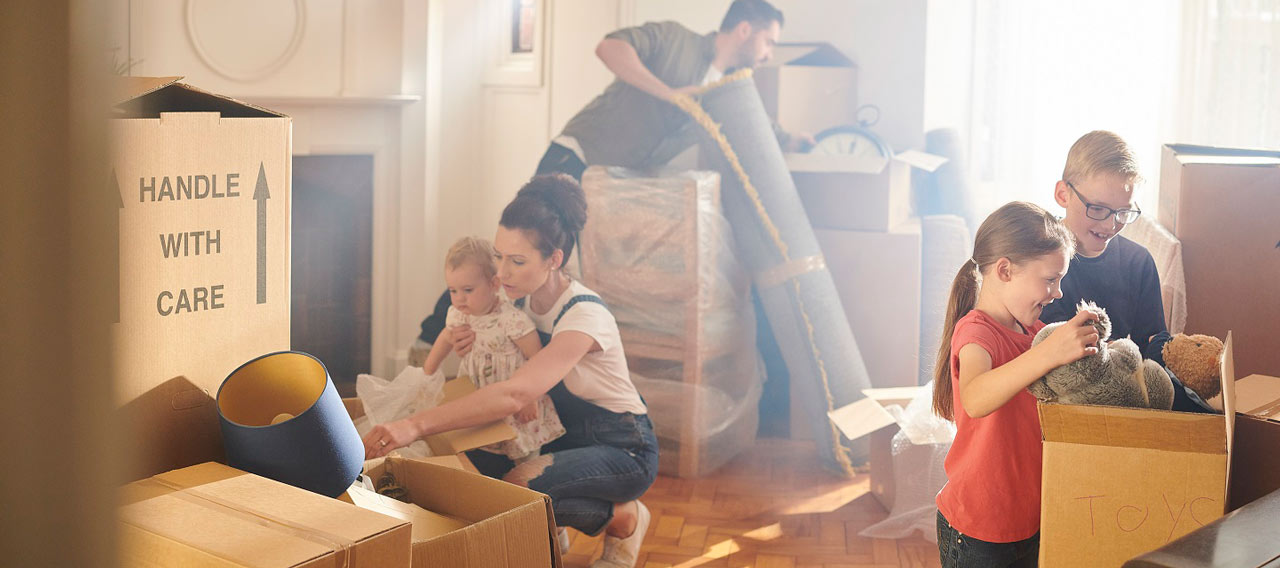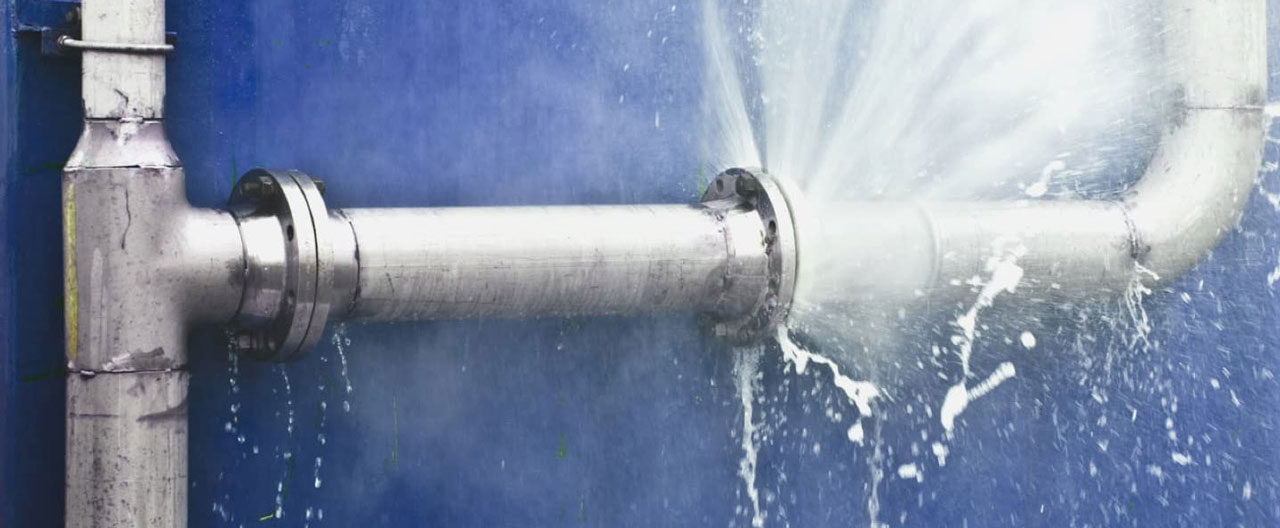- Businesses
- Individuals & Families
- Partnerships
- Brokers

Chubb Climate+ spans major industries, with a goal of enabling climate change progress in a meaningful way.


All Chubb policyholders are eligible for cyber services. Get the most value from your Chubb policy and schedule a consultation today.

In a complex world, Chubb’s support for multinationals and their brokers when choosing the right cover has never been more valuable.

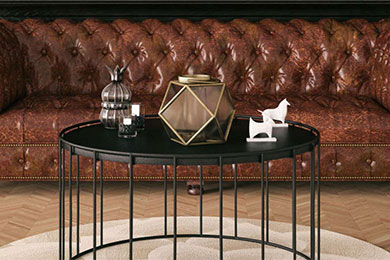
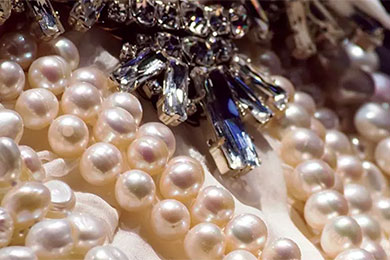
As one of the world's largest providers of jewellery and fine art insurance, you can count on our unparalleled service and expertise, offering some of the broadest protection available.
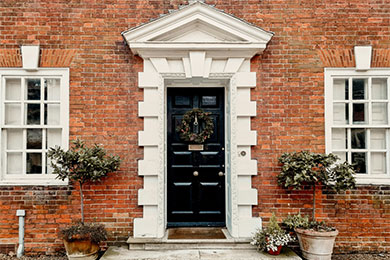
As pioneers of using in-house appraisers to help clients establish the value of their property, and mitigate the risk of loss, our appraisal service is a key reason why owners of fine homes and high value possessions around the world choose Chubb

Build your business by providing the protection your customers need – it’s insurance for the new possible.

The seamless, secure, and scalable engine behind new possibilities for your company and customers.
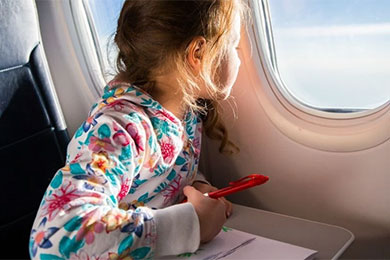
-
About
About UsWho We AreFinancial & Regulation
- Claims
-
FCA Regulation
-
Contact
Chubb CareersComplaints
-
BackSuggested Searches
Have you taken the steps needed to keep pipes in your home from freezing in cold winter weather? When pipes freeze, the extra pressure within the pipes can cause them to burst, leading to water damage in the home. Here are a few simple ways you can keep your pipes warm and your home dry, even in the coldest of winters.
1. Keep thermostats in outbuildings and second homes at 18 degrees.
If you have a guest or pool house, or have a home with multiple heating zones, make sure to keep them all at a minimum of 18 degrees, to prevent frozen pipes in the winter months. For buildings that you won’t use at all in the winter, you can turn off the main water supply and drain the pipes instead.
2. Add insulation to outside walls that contain pipes.
Exterior walls can get much colder than inside walls. If you have plumbing in outside walls, you may want to add an extra layer of insulation to ensure that your pipes are protected. If you see moisture or mold on the interior wall surface, surface cracks or nail pops, or your walls feel cool to the touch, consider reinsulating or using spray foam to add protection.
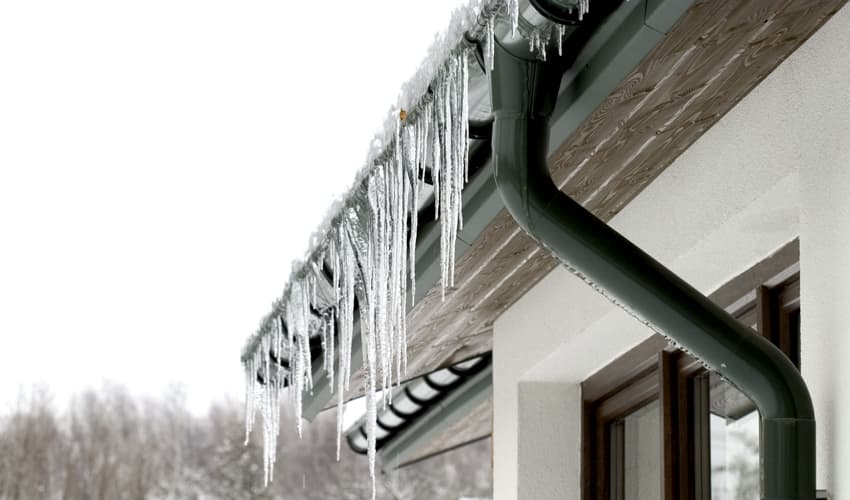
3. Use snap-on insulation for pipes in unheated areas.
If you have plumbing that is routed through unheated areas like attics, crawl spaces, and garages, consider adding snap-on insulation to the pipes to prevent freezing. You can also use heated plumbing tape/cable that automatically turns on when temperatures approach freezing.
4. Install smart technology.
To further ensure that your home stays dry and water-damage-free, you can install the following:
- Low temperature sensors that send alerts to your monitored alarm system if temperatures approach freezing
- “Smart home” thermostats that you can monitor and control remotely
- Permanent back-up generators that automatically power your heating system when you lose power
- Water leak detection systems that automatically shut off your water if a leak occurs
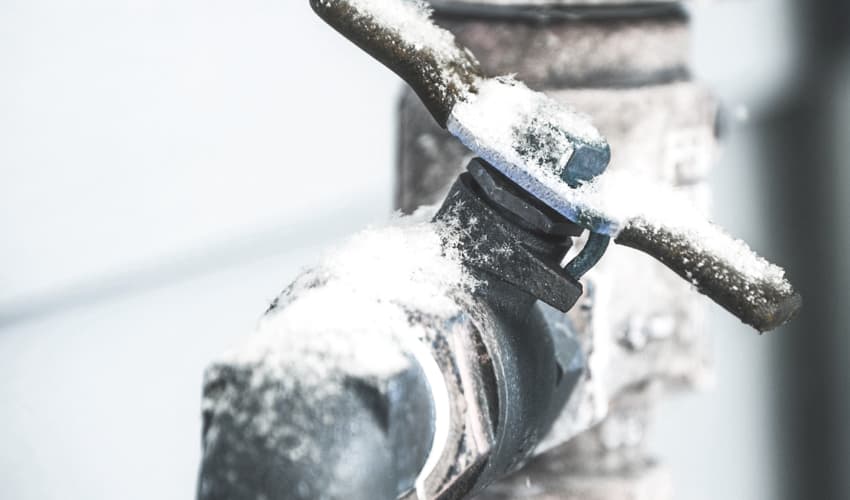
5. Disconnect hoses and protect outside taps.
When water freezes in a hose that is attached to an outside tap, it increases the pressure in the home’s pipes, which can then expand and burst inside the home. To prevent this, drain and disconnect all hoses, and turn off the water to outside taps during the winter, especially if you don’t have frost-proof taps. You may want to cap those taps with tap insulators too.
All content in this material is for general information purposes only. It does not constitute personal advice or a recommendation to any individual or business of any product or service. Please refer to the policy documentation issued for full terms and conditions of coverage.
For more information on Chubb in the UK click here.
Insights and expertise
